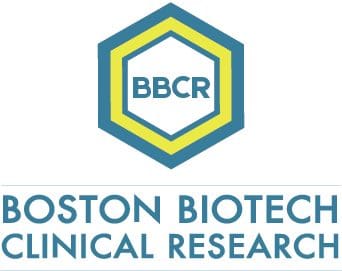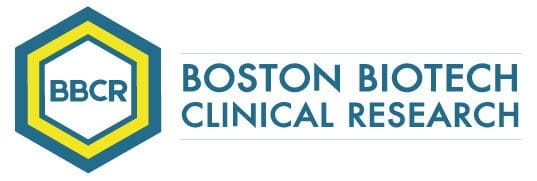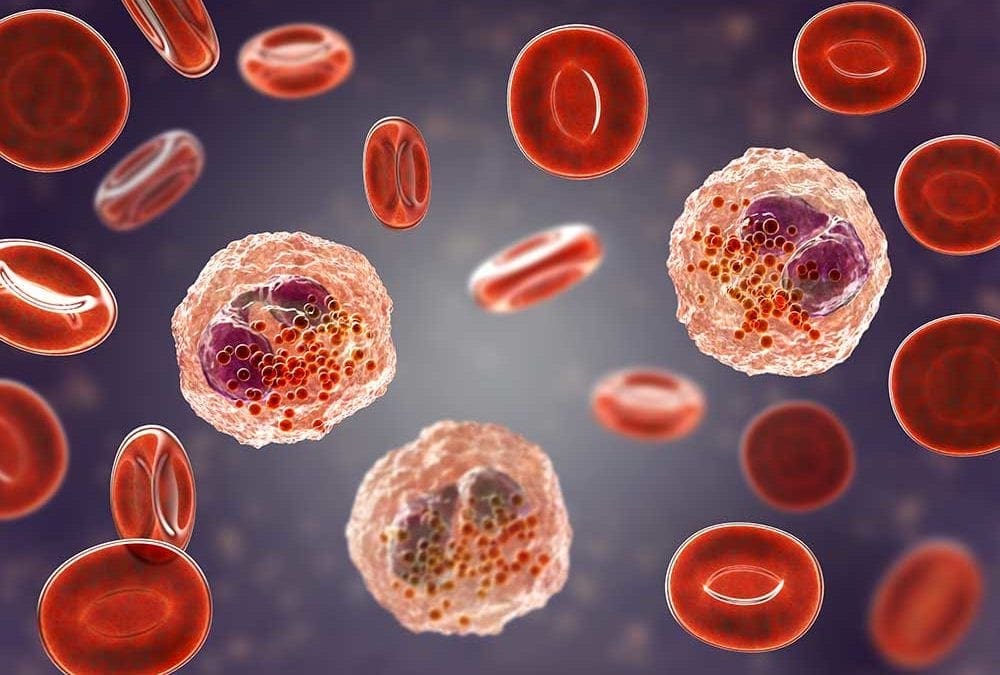Over the past 50 years, the frequency of allergies and autoimmune diseases has risen rapidly. Unfortunately, there hasn’t been much progress in understanding this epidemic of allergic disease.
Hay fever and atopic dermatitis have both increased more than two-fold in the past 50 years. The easy hypothesis would be to attribute this increasing incidence to greater awareness or diagnosis. In reality, this recent increase in the incidence of allergic diseases is most likely to be due to an environmental or behavioral cause.
The gut microbiome could also be involved, as high salt diets have previously been shown to have effects on intestinal microbes.
High salt concentrations are present in the affected skin of people with atopic dermatitis and promote the differentiation of the T helper cells involved in the development of allergic diseases. High concentrations of sodium chloride can influence the differentiation of T helper 2 (Th2) cells.
Gut microbiome of allergic patients should be further investigated and clinical plan to test reconstitution of a normal gut microbiome.

Specializing in rare disease, Boston Biotech Clinical Research works with biotech, pharmaceutical, device companies and investors to streamline the clinical trial process. Our experienced team helps each client reach their specific goals by customizing a clinical and regulatory road map of simplified programs and streamlined protocols to meet our clients’ requirements.

